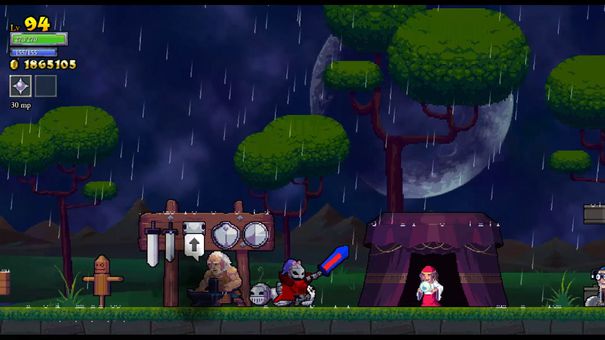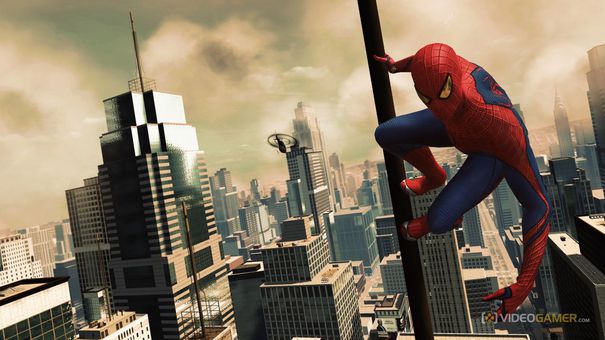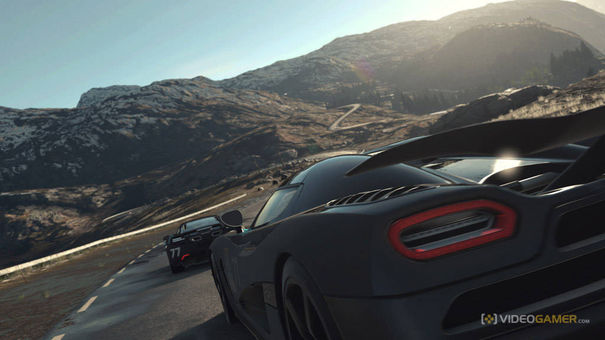

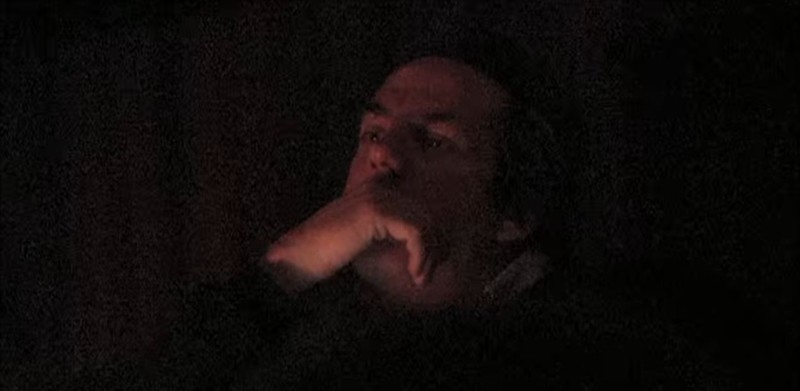
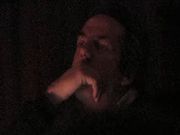
There's a moment towards the end of The Beginning (stay with me), Star Wars Episode I's hour long making-of, where George Lucas realises he has – and I don't want to exaggerate here – totally fucked it. Sitting in a screening room at Skywalker Ranch, the director has just seen the rough cut of the most anticipated movie of all time, and the reaction from his colleagues – co-editor Ben Burtt, producer Rick McCallum, who says nothing and doesn't need to – is cordial if concerned. There's no repeat of Brian De Palma's (alleged) stinging rebuke to Lucas when he showed him the original Star Wars, but it's still not good news. The film bounces around. The ending doesn't work. Its tone is jarring. Jar Jar.
Running his fingers through his hair, Lucas yanks his head to one side: one of the few displays of emotion from a normally impassive figure. It's as if an enormous realisation that hitting a series of incredible technical milestones would not, in fact, be enough, and that the rest of the film – this film – had to be as wondrous as the technology that powered it. It wasn't. In a savage clarity missing from the staggering hubris that got him here, he says, softly, head in hands:
"It boggles the mind".
Directed by documentary maker John Shenk and released as part of the The Phantom Menace DVD extras, The Beginning is a classic (and seemingly deliberate) study in hubris, hype, and the dangers of being unaccountable to anyone but yourself. Lucas, from the first scene, is exposed as a fall guy, an idiot, a dictator, and a tragic hero trapped in his own creation. But The Beginning is more than just an all-access look at one man's fall from grace. It also captures the sheer excitement of the run up to Episode I's release, that strange time, itself seeming thousands of centuries ago now, when it seemed nothing could go wrong, with this movie or anything else. It is to Star Wars – and George Lucas – what the wave speech was to Hunter S. Thompson: a mournful, nostalgic ode to something that used to exist, before it was crushed under its own weight.
For most of The Beginning, it seems less like George Lucas is making a movie and more like he's launching a piece of software, such is his (justified) concern with the fabled CG which would bring it all to life. Shown in pre-production, we get a glimpse at the master nerd, the shy puppet master, for whom human interaction is a commute of sorts to endure so he can get where he's going. With storyboards out and marker pens in his hands, he outlines just what is going to be CGI and what isn't. Not a lot isn't. ILM's Jef Olson shoots a look just past the camera which would have graced either interpretation of The Office. He looks worried. He should be.

Olson is just one of a handful of secondary characters who, if The Beginning were fiction, would be remembered long after we'd all forgotten about the likes of Watto and Sebulba. Chief amongst these is John Knoll, VFX chief at ILM (and also now chief creative officer), and the only man who can say no (or at least 'not yet') to George, as well as also have some sort of idea where the mammoth production is going. Described by others (at his own admission) of being a troublemaker, he's by far the most sympathetic player here: he has a hand in almost every area of production, helping others out of a jam, pushing back against George's mad schemes while helping to facilitate them, and doing it all with a calm, charming demeanour, a slight squint and a half smile the only giveaway at his frustration at dealing with, for all intents and purposes, a billionaire toddler.
Rick McCallum fares less well, but is harmless, hardworking, a serial yes man (like, to a disconcerting degree, almost everyone else), someone who – to steal a line from Alien producer David Giler – wasn't just making a film, he was making a release date. But he's nothing next to the frankly satirical army of piano-grinned agents and coaches who celebrate, dead-eyed and wide-jawed, like a snake, Jake Lloyd's success in winning the Anakin Skywalker role, the first hint that minds were about to be boggled.
Lucas famously never got on with actors, but he's enamoured with Lloyd's spontaneity, even in the face of other, far stronger candidates (such as Devon Michael, who nails his audition and looks just like young Mark Hamill). The decision to discard Michael, who makes the last two, is the first worrying sign that George has lost it. But it also affords a tiny peek at George himself, caught off-guard watching Lloyd's performance and laughing openly, as if he sees a bit of himself there. It's as human as he ever seems.
Lloyd is spontaneous, but as a child actor (in that order) the strain starts to show on the very first day. From there, The Phantom Menace's human elements unravel in tandem with its ever-increasing technological advances: different takes are digitally spliced together in edit, much to the chagrin of Ben Burtt, and Lucas visibly rankles Knoll, who has helped create the first fully CG character, by quibbling over a $100,000 body suit. The clash of humans versus machines is so front and centre it feels like a Terminator prequel that takes place in Miles Dyson's lab: for a lot of its running time, The Beginning is a drama about a set of beleaguered visual effects technicians, not star actors and filmmakers. There are squabbles over technical data, problems, solutions, and then problems with the solutions. The new techniques are often described as impossible, or non-existent, a technological Everest to be summitted. They succeed, of course, but at the cost of the movie they're ostensibly doing it for: a Pyrrhic victory compounded by the fact those much-lusted after visuals soon faded, becoming yet another stick to beat Episode I with.
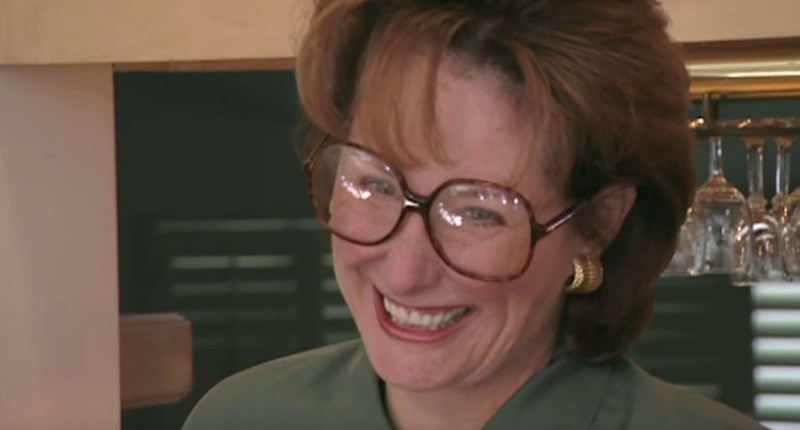
While ILM is breaking ground, Lucas goes from one mistake to another, not helped by the blinkered refusal of anyone, referenced in the excellent/infamous RedLetterMedia review of Episode I, to accept that Star Wars has no divine right to be good, or even average. Everyone involved knows they are making Star Wars, swapping stories, blindsided by the movie Disneyland they've found themselves in. Natalie Portman commits to three movies without reading a single script. Ahmed Best, the likeable actor who plays Jar Jar, hums the Star Wars theme while getting into costume. McGregor can barely conceal his child-like glee in choosing his lightsaber. The whole endeavour exists with the mantra that merely building the film, participating in the cherished Star Wars, getting the tech right, will be enough to see it through: Field of Dreams in space – or more, accurately, a British soundstage.
Meanwhile, George seems very aware what awaits him if he gets it wrong, and as the documentary nears its end he seems more withdrawn, even philosophical. Lucas was never the most animated figure, of course: often pessimistic (on this shoot and others) and happy to admit before filming to his AD that he'll likely sit in the corner looking miserable. But there's a marked change from the day he and Steven Spielberg are seen talking about how great the film will be to his later meeting with Frank Oz, where Lucas admits (with reference to More American Graffiti's failure at the box office) "You can destroy these things. It is possible."
He's proven right, of course, and that screening-room head jerk, replete with anguished grunting, is just the first instance of many fans getting to grips with the colossal disappointment that was Star Wars Episode I. Lucas immediately commits to fixing the issues, but even he knows it's now impossible. "I've thought about this quite a bit, and the tricky part is you almost can't take any of those pieces out of there, because each one takes you to the next place and you can't jump. They don't know where you are."
There's more character, drama, and intrigue in The Beginning's slender running time than there is in all three prequels, but it also serves another purpose. Reviewing Episode I in the New Yorker, critic Anthony Lane remarked that, given the impossibility of living up to the hype and expectation, perhaps George ought to have not released the movie at all, but instead merely keep releasing trailers and teases, keeping the fans perpetually expectant. Despite its various revelations, The Beginning is the closest we'll get to that, placing you firmly back in the late 90s when it all seemed possible, and ending before it all fell apart.
